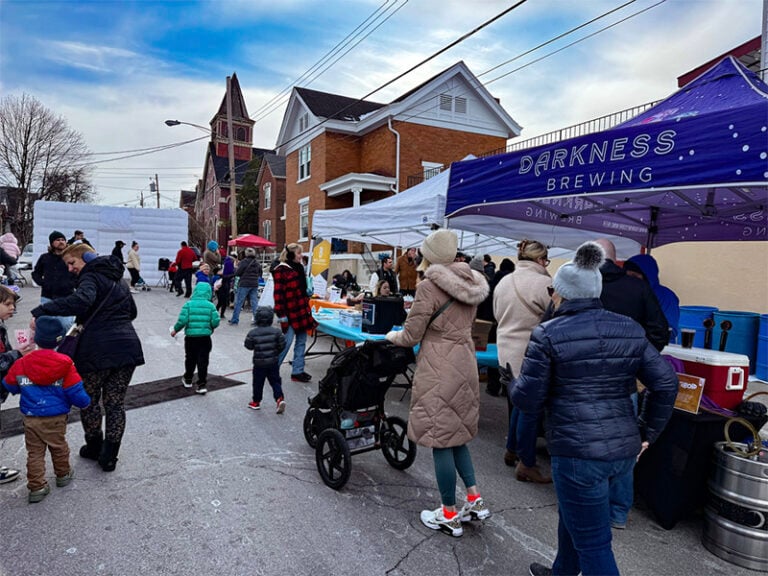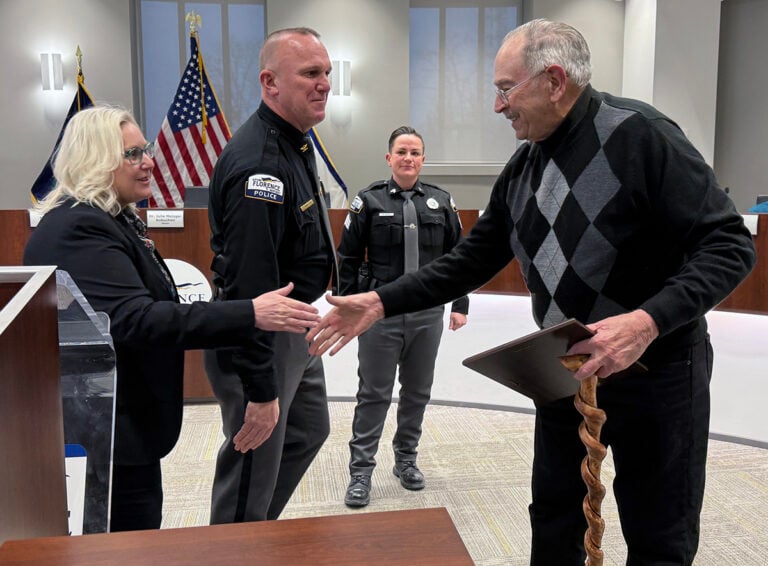With the goal of sharply reducing the state’s growing heroin epidemic, the Kentucky House of Representatives voted unanimously for House Bill 213 – a bill that would increase treatment options for addicts while cracking down on high-level traffickers bringing the drug into the state.
House Bill 213’s number itself is symbolic, because it represents the Feb. 13th birthday of state Rep. Joni Jenkins’ nephew, Wes Jenkins, who died as a result of a heroin overdose. She spoke on the House floor about his life and how he became addicted.
House Bill 213 calls for savings from 2011’s criminal justice reforms to help pay more for a series of programs helping addicts who are incarcerated or who access treatment through community mental health centers or other anti-drug programs. More money would also go toward social-work programs to help divert addicted or mentally ill defendants into appropriate treatment and helping both expectant mothers and newborn babies who are addicted.
The bill also would have Medicaid offer more comprehensive substance abuse treatment options and to report their progress to the Legislative Research Commission.
Other proposals in the bill include:
· Increasing penalties for large-scale heroin traffickers. Under the bill, those trafficking a kilo or more of heroin would face a Class B felony, punishable by up to 20 years in prison. The current law would stay the same for lower amounts. Rep. Tilley pointed out on the House floor that Kentucky already has some of the toughest laws among the states in this area. Those trafficking less than two grams now face a Class D felony and two grams to a kilo is a Class C felony. If the person charged has a gun or is a persistent felony offender, these penalties are even higher.
· Creating a Good Samaritan clause, so those who report overdoses and the overdose victims would not face drug possession charges themselves.
· Authorizing greater use of Naloxone, which can reverse overdoses. Under the bill, any person – including but not limited to first responders and other qualified agencies and educational institutions – would be permitted to have access to the medicine and would be shielded from potential problems if the Naloxone is otherwise used correctly. Also, pharmacists are given the authority to prescribe the life-saving substance, further increasing the availability to families and loved ones of addicts.
· Funding the increased availability of “rocket dockets” within the justice system.
· Allowing communities to establish local option needle-exchange programs, in an effort to reduce the prevalence of blood-borne illnesses like hepatitis; decrease the prevalence of dirty needles in public places; and to provide a point of intervention to get addicts information about treatment options available to them.
· Excluding small inpatient treatment facilities and outpatient mental health facilities around the state from Certificate of Need requirements, enabling them to expand more easily. In addition, money would be used for treatments involving vivitrol, which has proven effective at helping addicts quit heroin.
· Ensuring that trusted local physicians are promptly credentialed to provide treatment for addicted patients.
· Making Acetylfentanyl a Schedule I drug, which includes those that have no medicinal use or have a high potential for abuse. This drug is considered as much as 15 times more potent than heroin.
· Calling on the state’s Department of Criminal Justice Training to offer law enforcement more training on heroin interdiction, enforcement and treatment.
· Adding local law enforcement to the agencies required to report overdose deaths to the state. Additionally, post-mortem drug tests would be allowed to use other substances besides blood.
“Our goal now is to work with the Senate to come up with a bill that can pass both chambers and hopefully provide money to go with it,” said said Rep. John Tilley, the bill’s chief sponsor and the chair of the House Judiciary Committee. “I am optimistic that we can come up with a law that will serve as a model for other states, much as we have done with previous laws in recent years that have reduced prescription drug abuse, meth and the use of dangerous synthetic drugs.”
In addition to Rep. Tilley and Rep. Jenkins, who chairs the House Budget Review Subcommittee on Human Resources, the working group that helped to write the bill includes Reps. Tom Burch, who chairs the House Health and Welfare Committee; Dennis Keene, who chairs the Licensing and Occupations Committee; Denny Butler, who chairs the Budget Review Subcommittee on Justice and Judiciary and is retired from the Louisville Police Department; and Rep. Mike Denham, another member of the Appropriations and Revenue Committee.
Lawmakers are scheduled to wrap up the bulk of their work by March 9 before returning later that month for two days to consider any vetoes or to possibly vote on any remaining legislation.
From Legislative Research Commission

















